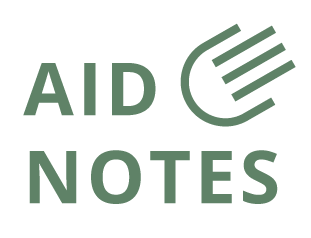
Strengthening the Capacity of Local Health Volunteers in rural conflict-affected communities
The project has supported over 200 health volunteers in rural, conflict-affected communities in Kharkiv, Zaporizhzhia, Dnipropetrovsk, Mykolaiv, Kherson, and Donetsk oblasts, which the integrated mobile teams have visited.
Each local health volunteer has been trained in social behavior change communications, received a financial incentive, and has been given key health messages to facilitate health, hygiene, and IYCF education sessions.
The program significantly increased care-seeking in each location and uptake of the mobile team’s services, specifically mental health programs and counseling.
Impact model of the community health work

Main Components of the Community Health Program

Capacity Building
- NCD management
- Communicable disease case recognition
- Infection prevention and control topics (hand hygiene, medical waste management, etc.)

Community outreach
Health volunteers, trained in SBC communication, have been successfully facilitating health education sessions outside the clinical settings: in the schools, village clubs, and grocery shops.

Referral and community mobilization
Community health volunteers have been increasing the uptake of the MHPSS and Health services provided by the mobile teams by announcing upon MT’s arrival date, new services, programs, etc.
Expected Outcomes of the Project
- Improved Health Outcomes: A measurable reduction in mortality from preventable causes and a decrease in the prevalence and impact of disability related to untreated chronic conditions and mental health issues. This will be reflected in a reduction in DALYs within the target communities. Evidence from similar programs in conflict zones, such as a study in Mali, has shown a dramatic reduction in under-five mortality through the deployment of community health workers and enhanced primary care access[1].
- Increased Access to Healthcare: A significant increase in the number of individuals in remote, conflict-affected areas receiving essential primary and mental health services.
- Strengthened Community Resilience. Empowered communities with increased health knowledge and a trusted local resource in the form of CHWs.
- Enhanced Health System Linkages. A functional and effective referral system connecting community-level care with more advanced health services.
- Health System strengthening and advocacy. The community work has been contributing to the supply chain strengthening by facilitating access to the remote rural communities to the “Affordable Drug ” program. Health volunteers have been responsible for:
- Explain to the beneficiaries that they have a right to receive some lifesaving medications for free under the NHSU’s (National Health Service of Ukraine) program.
- Distributing medications, prescribed and retrieved by Mobile teams under this program, to people with disability or restricted mobility.
Project Indicators
- Number of beneficiaries receiving health, hygiene, and IYCF education messages.
- Number of beneficiaries able to recall health messages.
- Number of referrals to the mobile teams service providers, facilitated by the community health volunteers.
- Number of community health workers trained in NCD management and recognition of communicable disease cases.
